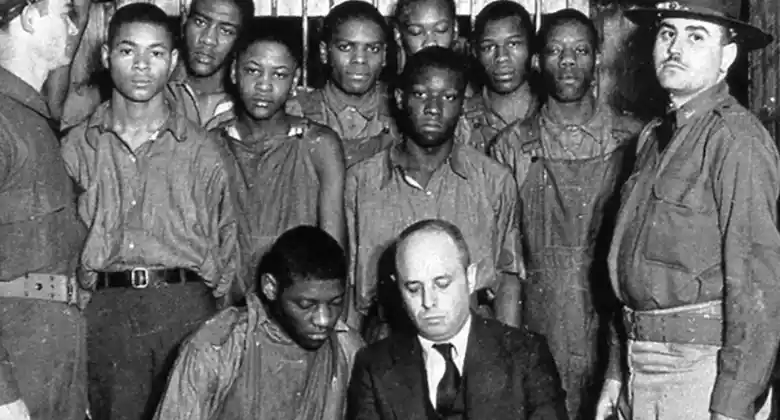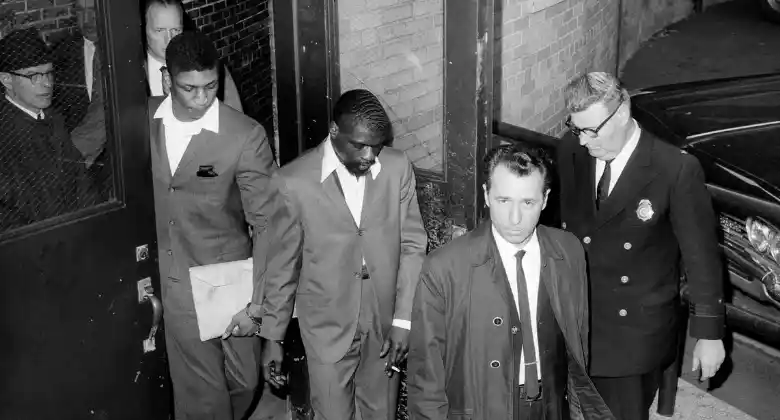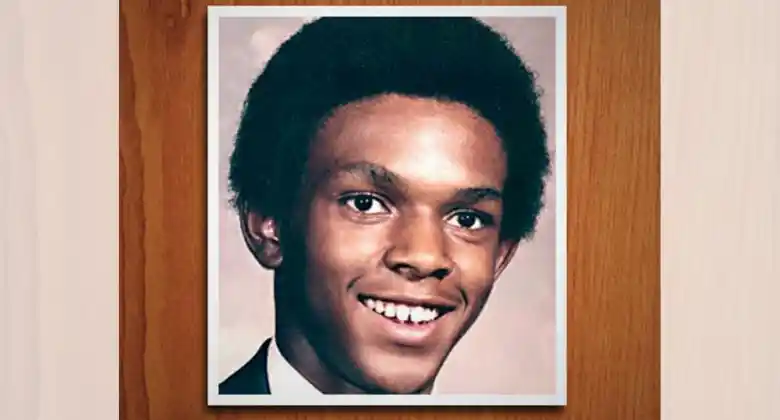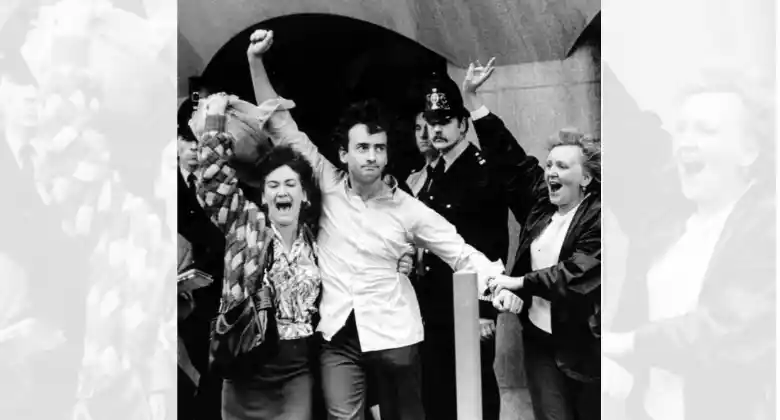Wrongful convictions are a tragic reminder that justice can be imperfect. Throughout history, there have been numerous cases where innocent people have been falsely imprisoned, leading to years, sometimes decades, of lost freedom. These famous wrongful convictions highlight the critical need for thorough investigations and fair trials.
Table of Contents
The Impact of Wrongful Conviction
Wrongful convictions have devastating consequences. Innocent people are deprived of their liberty, their reputations ruined, and their lives completely altered. Families are ripped apart, and the true culprits are free to commit other crimes. In many historical incidents where justice was twisted, the judicial system failed to protect the innocent, owing to bias, coercion, or insufficient legal representation.
Famous Wrongful Convictions: Falsely Imprisoned Cases
These historical cases where justice was manipulated highlight some of the most famous wrongful convictions and instances of falsely imprisoned individuals.
1- The Case of Byron Anthony Grey
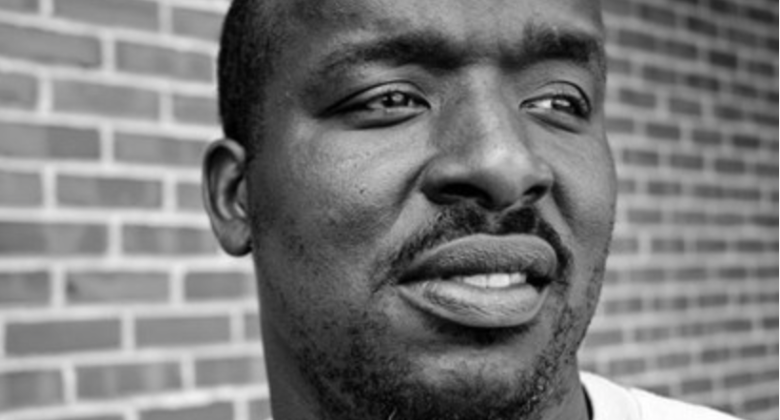
One of the most well-known wrongful convictions in recent history includes Byron Anthony Grey, who was wrongly imprisoned for a crime he did not commit. Grey spent years in prison for a murder he was subsequently found not guilty of after fresh evidence surfaced. His case serves as a vivid reminder of how quickly the judicial system can go wrong, resulting in innocent individuals being convicted and imprisoned for crimes they never committed.
2- The Central Park Five
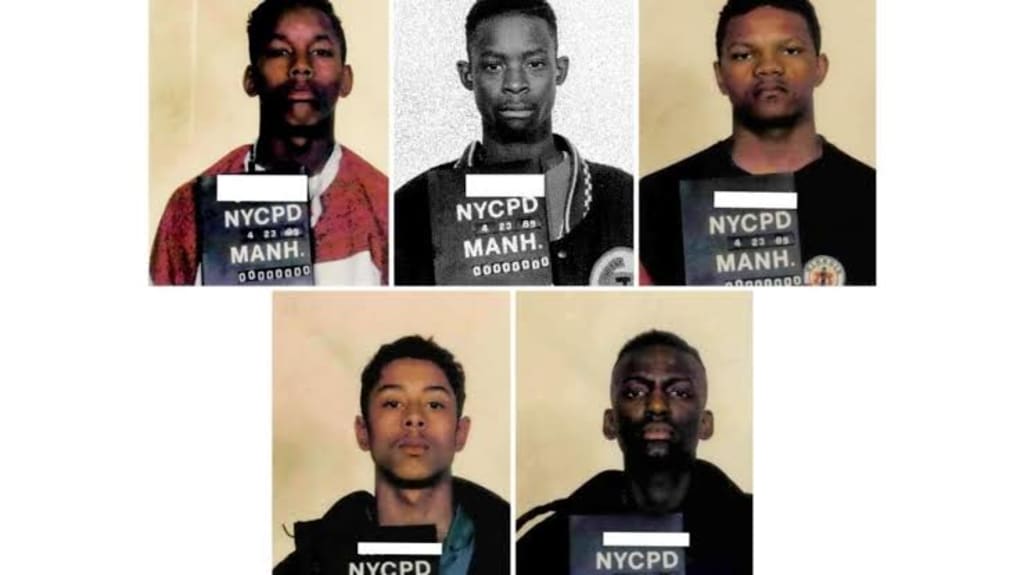
The Central Park Five case is one of the most famous false convictions in American history. In 1989, five teenagers were falsely convicted of brutally assaulting and raping a jogger in New York City’s Central Park. Their convictions were the result of coerced confessions, racial bigotry, and a rush to judgment. Years later, the true offender confessed, and DNA evidence cleared the five guys, who had already completed long prison sentences. This case is a sad reminder of how well-known false allegations can devastate lives and undermine the integrity of the legal system.
3- The Scottsboro Boys
In 1931, nine African-American teenagers known as the Scottsboro Boys were wrongly accused of raping two white women in Alabama. Despite poor evidence and the fact that one of the women recanted her charge, all nine were found guilty by all-white jurors. This case, which became one of the most famous false accusations in US history, showed the country’s profound racial prejudices at the time. The convictions were eventually reversed, but not before the young men had served years in prison. The Scottsboro Boys case is a classic illustration of how cultural biases influenced justice.
4- The Exoneration of Rubin “Hurricane” Carter
Rubin “Hurricane” Carter, a promising boxer, was falsely convicted of three murders in New Jersey in 1966. His case, plagued by racial bias and prosecutorial misconduct, received widespread attention. Carter was finally exonerated after nearly 20 years in prison after it was found that the prosecution had concealed evidence and used false testimony. His case is one of the most famous exoneration cases, demonstrating the effectiveness of public agitation and legal endurance in overturning wrongful convictions.
5- The Wrongful Conviction of Timothy Cole
Timothy Cole, a Texas Tech University student, was wrongly accused of raping another student in 1985. Despite claiming his innocence, Cole was sentenced to 25 years in prison. Tragically, he died in prison in 1999 due to asthma issues before DNA evidence established his innocence in 2009. Cole’s posthumous exoneration remains one of the most heartbreaking cases of innocent people being convicted, and it serves as a cautionary tale about the dangers of erroneous convictions.
6- The Case of Richard Jewell
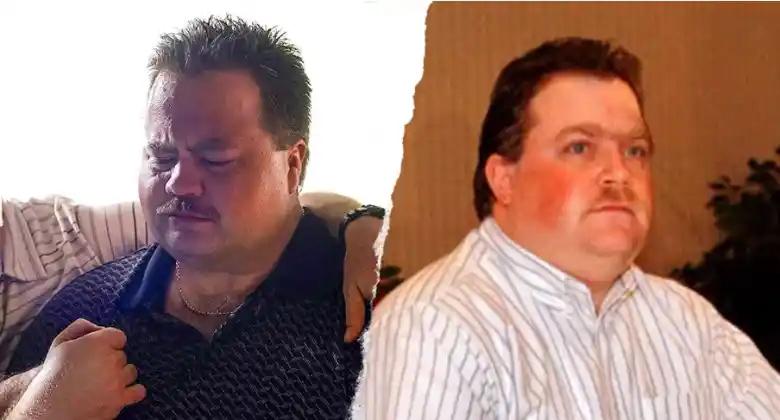
Richard Jewell, a security guard, was falsely accused of the 1996 Centennial Olympic Park bombing in Atlanta. Jewell was initially lauded as a hero for detecting the device and assisting in the evacuation, but FBI profiling and intense media attention rapidly turned him into the major suspect. Despite not being charged, the public accusations turned his life upside down. The genuine bomber was eventually located, but Jewell’s case serves as a sobering reminder of how easily someone can be falsely accused and the long-term consequences of such charges.
7- The Guildford Four and Maguire Seven
In 1974, the Guildford Four were falsely convicted of bombing two pubs in Guildford, England, killing five people. Along with them, the Maguire Seven were wrongly imprisoned for supposedly providing bomb-making components. Convictions were based on pressured confessions and poor forensic evidence. Their convictions were overturned only in 1989, making this one of the most famous false imprisonment cases in British judicial history. The Guildford Four and Maguire Seven instances demonstrated the extent to which the legal system can fail, particularly in the face of public and political pressure for immediate justice.
Related Stories
- Greg Kelley Case: Wrongfully Convicted of Child Rape
- Assault vs Aggravated Assault: Breaking Down the Legal Terms
- Famous Female Serial Killers: Women Behind the Murders
- Why Were There So Many Serial Killers in the 70s?
How Many Innocent People Have Been Executed?
One of the most terrifying parts of false convictions is the prospect of executing an innocent person. While the exact amount is difficult to estimate, research indicates that a considerable proportion of persons on death row may be innocent. According to the DPIC, at least 190 persons who had been sentenced to death in the United States have been exonerated and released since 1973. This figure raises a troubling question: how many innocent people have been executed without their names being cleared?
Books about Wrongful Convictions
Read “Justice & Truth-The Guildford Four”
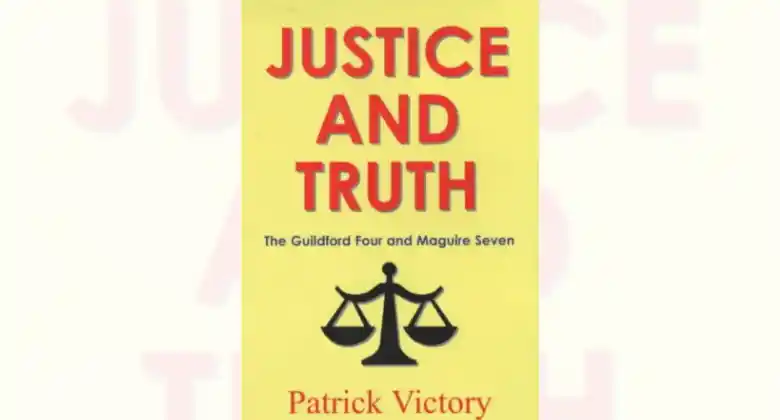
The Deputation, formed in 1987 to fight for the wrongly convicted Guildford Four and Maguire Seven, faced fierce resistance from the government. Patrick Victory, their secretary, recounts their struggle in this book.
Read “The Sixteenth Round”
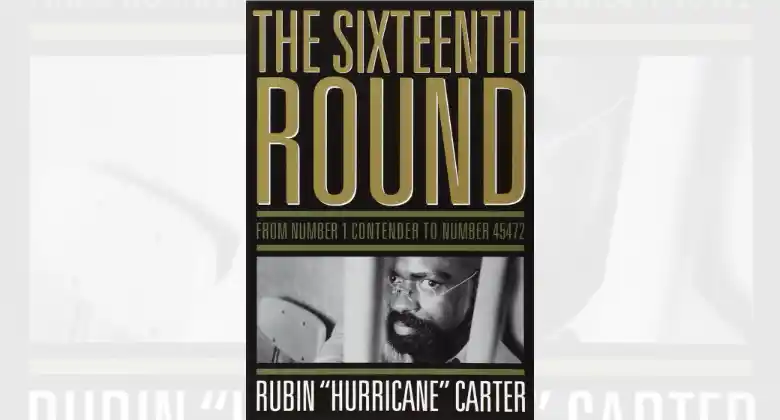
“The Sixteenth Round” is Rubin Carter’s powerful memoir, written from prison and published in 1974. It details his wrongful conviction and the fight to clear his name, a fight that resonated with countless supporters, including Bob Dylan and Muhammad Ali. Carter’s eloquent and often humorous account makes this a must-read.
Read “A Plea For Justice: The Timothy Cole Story”
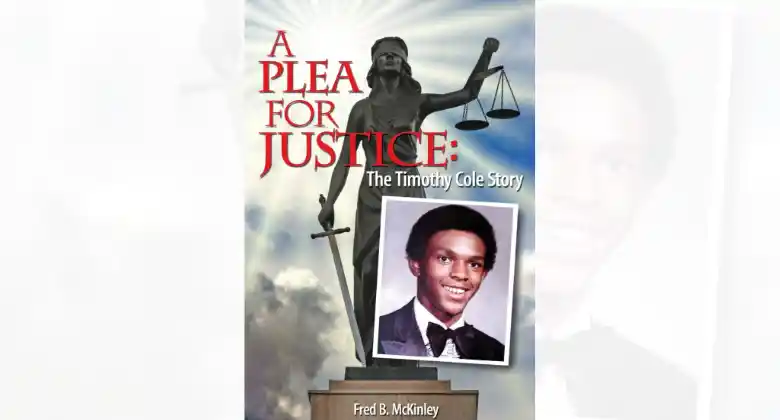
“A Plea for Justice” tells the tragic story of Timothy Cole, a young man wrongly imprisoned for a crime he didn’t commit. The book follows his family’s fight for his posthumous exoneration, highlighting the devastating impact of wrongful convictions and the urgent need for reform.
Read “The Central Park Five”
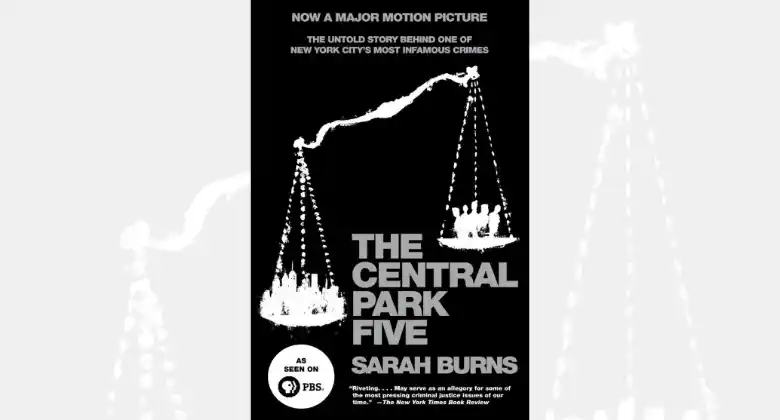
Sarah Burns’ “The Central Park Five” offers a groundbreaking look at one of New York’s most infamous crimes, revealing the untold story behind the wrongful convictions and the fight for justice that followed.
Conclusion
The stories of innocent people who were wrongfully accused, imprisoned, and then exonerated serve as a depressing reminder of the judicial system’s flaws. While progress has been achieved, these famous wrongfully convicted cases demonstrate that much more effort is still needed to ensure that justice is delivered. As we reflect on these incidents, we must continue to advocate for fair trials, comprehensive investigations, and the protection of the innocent so that future generations do not face the same injustices.
FAQs
What are the common causes of wrongful convictions?
Common reasons for unfair convictions include eyewitness misidentification, pressured confessions, prosecutorial misconduct, insufficient legal defense, and reliance on defective forensic evidence. Systemic biases and prejudices can also substantially impact a conviction.
What happens to people after they are exonerated?
Following exoneration, individuals may face considerable problems, including adjusting to life outside of prison, dealing with the psychological impacts of wrongful imprisonment, and overcoming societal shame. Some are compensated, but the amount and availability of support varies greatly by jurisdiction.
What are the long-term effects of wrongful convictions on society?
Wrongful convictions can damage public trust in the justice system, leave the true culprits free, and result in enormous financial expenditures for legal appeals and reparations. They also express concern about structural faults in the legal system that must be addressed to avoid future injustices.
Are there organizations that help fight against wrongful convictions?
Yes, various organizations, like The Innocence Project and the National Registry of Exonerations, attempt to overturn erroneous convictions and fight for legislative reforms to avoid future injustices. These groups frequently provide legal support to those who have been unfairly convicted.
What makes someone wrongly called a pedophile?
Someone may be wrongly called a pedophile due to false accusations, mistaken identity, or misinterpretations of behavior. Biases and rumors can also contribute to such harmful labels. These wrongful accusations can severely damage a person’s reputation and life.
